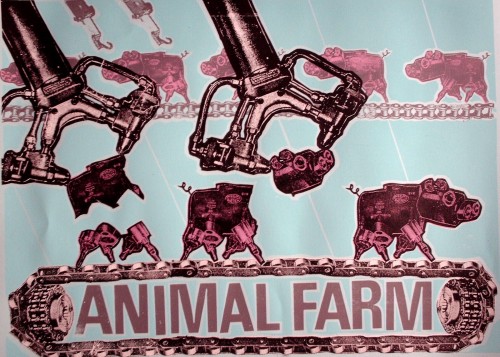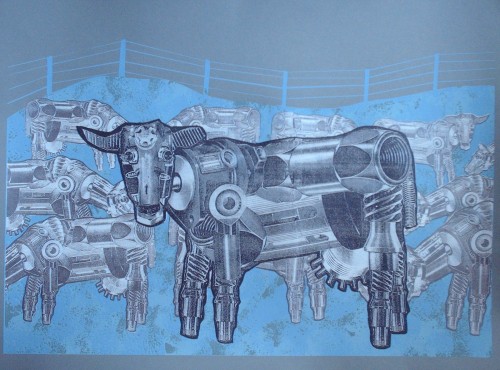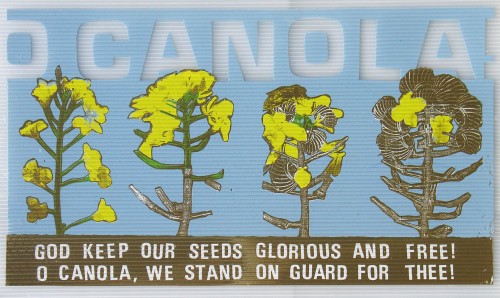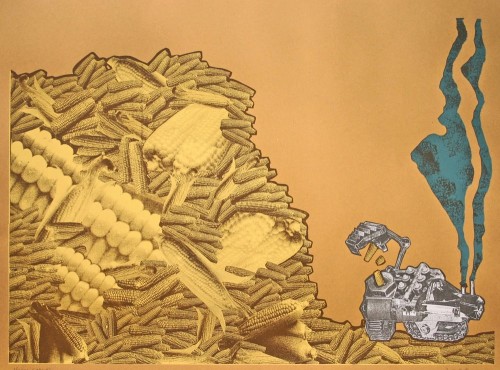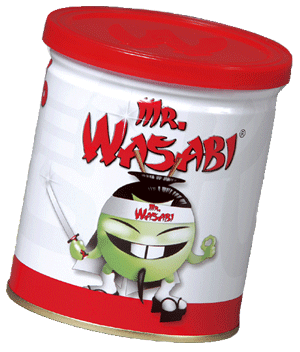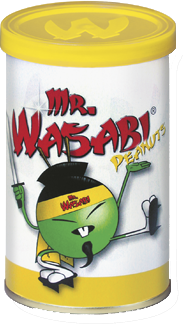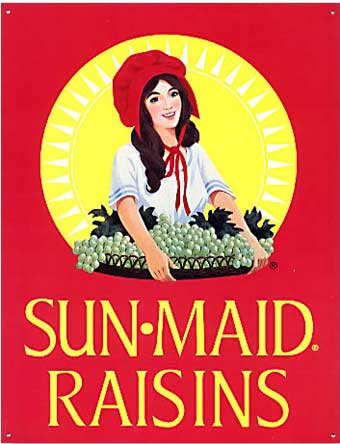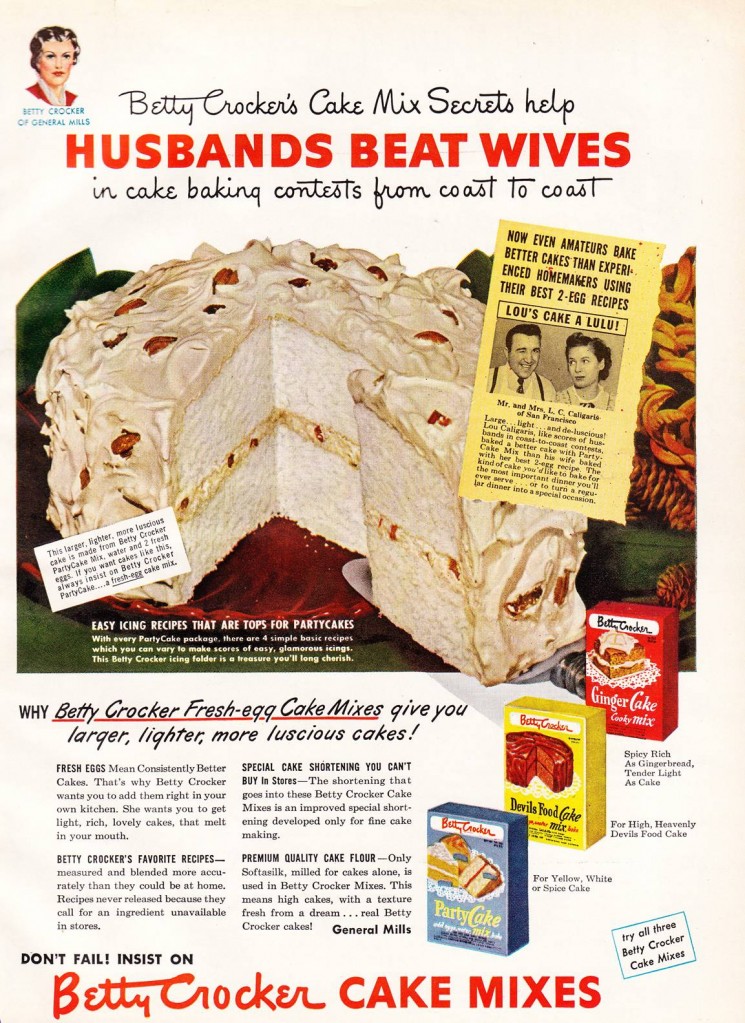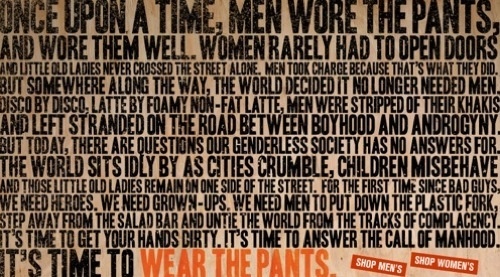Anna sent us links to this 1967 British health awareness film, “A Cruel Kindness,” about children and obesity:
I was really struck by how little mention fresh fruits and vegetables get in the discussion of a balanced diet at the end of the first segment (about 3:45)–you just need a little of them to get the vitamins you need. Today, of course, much more emphasis would be placed on them, and fats would get much less.
Anna points out that the fault for childhood obesity is placed squarely on mothers, either for overindulging their children out of love or being too busy or lazy to get their kids enough exercise and healthy meals.
And oh, poor Valerie! She’s from a broken home. Destined to be handicapped for life, a social outcast who will grow up to be like Mrs. Brown, abandoned by her husband.
Of course, while our attitudes toward foods have changed to focus on more fruits and vegetables and fewer fats, other elements of the film would fit in with anti-obesity campaigns today with a little updating. We still often focus on individualistic causes of obesity over structural ones (what types of foods governments subsidize, for instance), implicitly blame mothers for not taking the time to cook wholesome meals at home, and treat fatness as a social death sentence. We usually try to sound nicer when doing it, though.
Gwen Sharp is an associate professor of sociology at Nevada State College. You can follow her on Twitter at @gwensharpnv.

